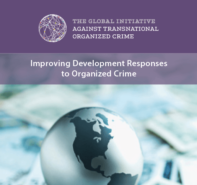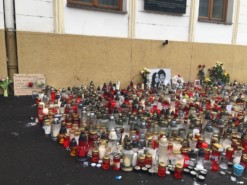Posted on 10 Jan 2018
In the 20th century, the Western Balkans endured a number of serious conflicts—each following periods of complacency, meddling or inattention from the international community, each expanding beyond the borders of the region, and each involving the UK. It is a region which, in many respects, remains in the shadow of the wars of the 1990s. Whereas many of its neighbours have progressed, political instability, inter-ethnic tensions and the competing influence of third countries have slowed progress towards regional reconciliation and greater consonance with the rest of Europe. The region suffers from authoritarian leadership, weak democratic institutions and serious challenges from organised crime and corruption. This situation is exacerbated by uncertainty about EU accession, a brain drain of young and educated people, and a rise in extremism and anti-democratic nationalism.
These factors make the region of great and continuing importance to the UK, quite independently from our changing relations with the institutions of the EU. We have significant interests in supporting stability and prosperity in the region, not least to avoid a repetition of the tragedies and horrors of the 1990s and as part of our wider commitment to peace and stability in Europe.
All of the countries in the Western Balkans aspire to join the EU. Albania and Montenegro are already members of NATO; Macedonia, Bosnia and Herzegovina, and Kosovo also aspire to join, though each faces serious challenges before membership can be a realistic prospect. Serbia currently has no aspirations to join NATO but takes part in joint military and civil defence exercises.
However, there is serious concern that gains made towards good governance and the rule of law are in danger of being lost as countries in the region turn to authoritarian leadership, nationalistic politics and state capture. This is being exacerbated by an apparent reticence on the part of the international community to challenge these tendencies, as well as endemic organised crime and corruption in the region.
Stability in the region has also been undermined by the influence of third countries. There is serious concern that Russia’s role in the region is simply one of “spoiler”, intent on disrupting any closer integration with the West. China has been investing in the region, which has been welcomed by some as a vital source of funding for infrastructure and industry. But it is important that the level of indebtedness of an already poor region does not rise. Other countries, such as Turkey, Saudi Arabia and the United Arab Emirates, have an interest in the region, potentially disrupting already fragile relations between states and between communities in the region.



